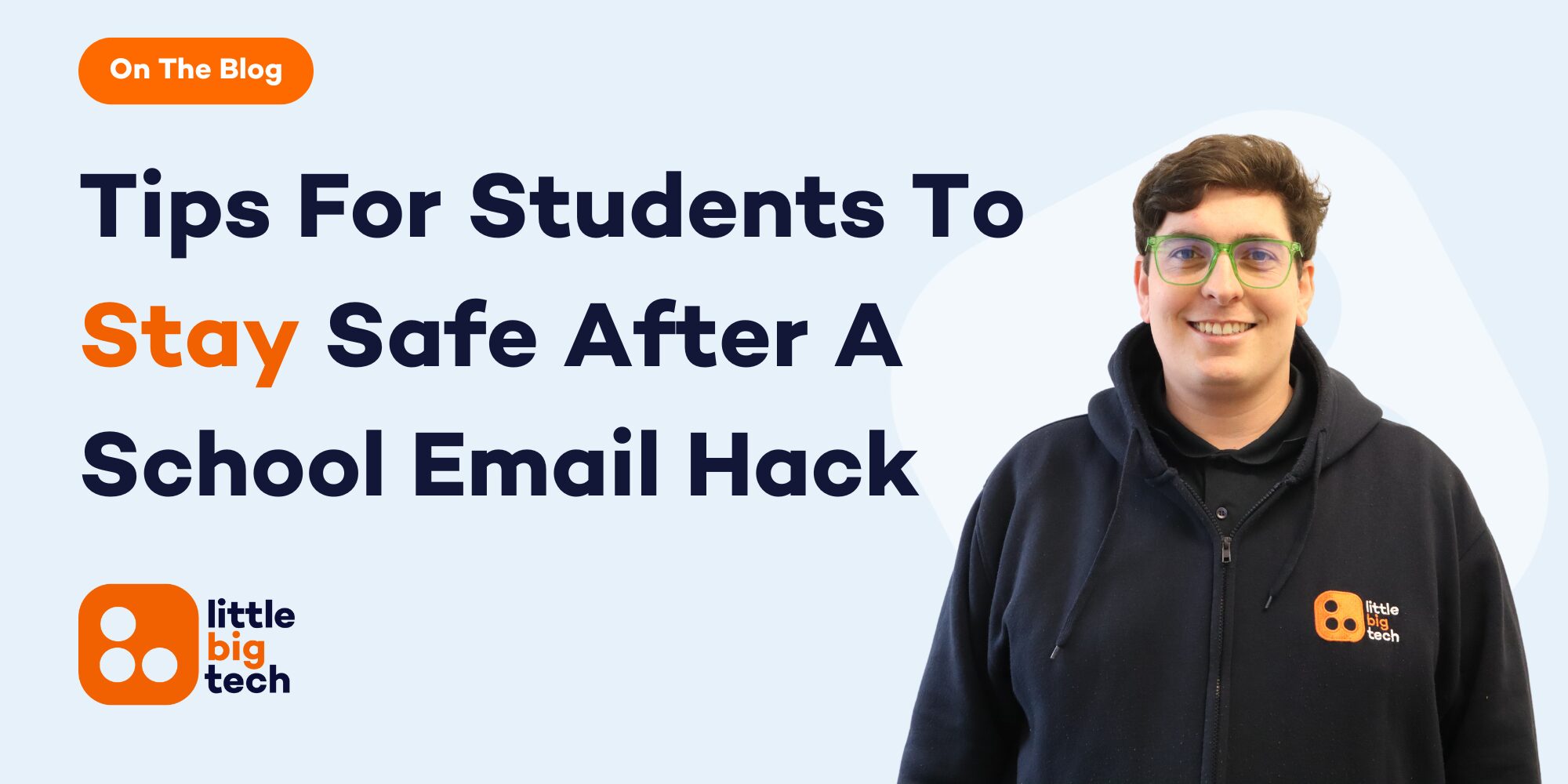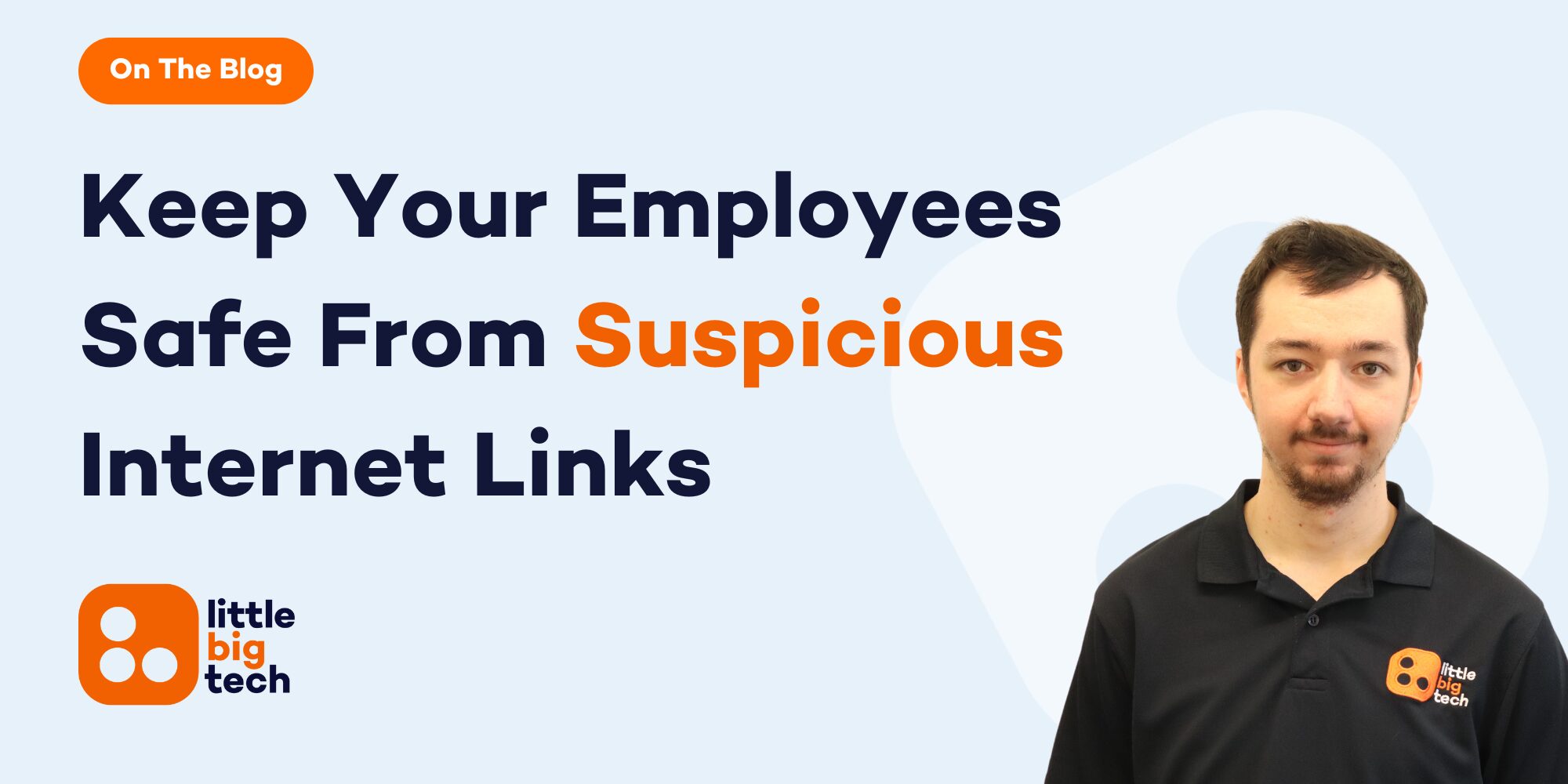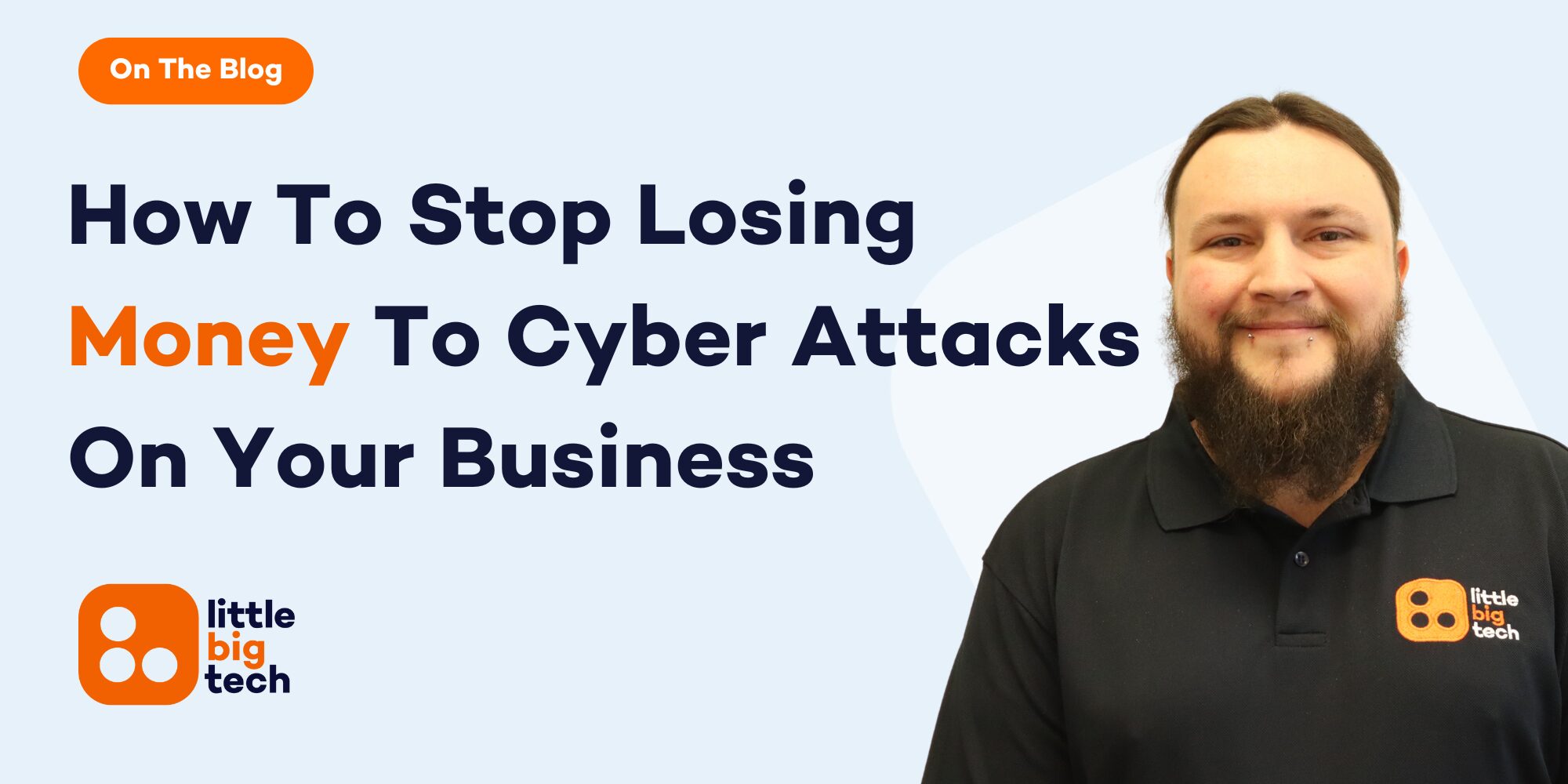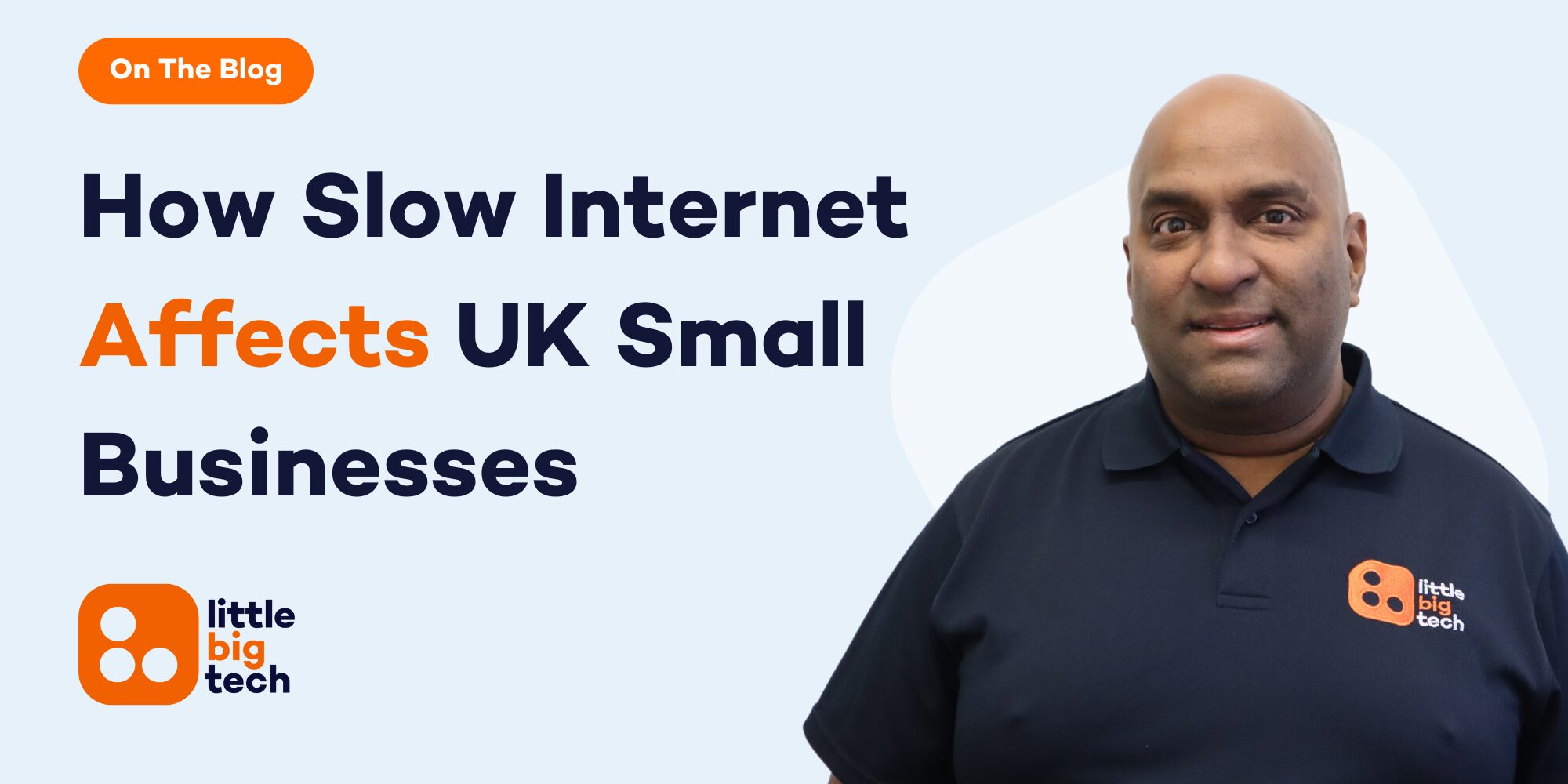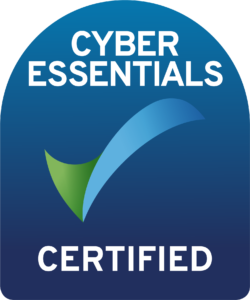- Understanding What Happens When Your School Email Is Hacked
- How Do You Know Your School Email Is Being Hacked?
- Common Ways School Emails Get Hacked
- What To Do Immediately If Your School Email Is Hacked
- How To Prevent Your School Email From Being Hacked
- School Email Hacked? Expert Advice For Securing Your School Email
Understanding What Happens When Your School Email Is Hacked
If your school email is hacked, it can cause serious problems for you and your school community. When someone gains unauthorised access to your email, they might steal sensitive information, send harmful messages, or even try to impersonate you. Knowing what to do if your school email is hacked is vital to protect your personal data and prevent further damage.
In this guide, we will cover how to spot if your school email has been compromised, the immediate actions you should take, and ways to secure your data to avoid identity theft. We will also discuss how regular training and professional IT support can help keep your email safe in the future.
Many people don’t realise how quickly a hacked email can lead to wider security problems, so being aware and prepared is the first step in protecting yourself. Whether you are a teacher, student, or part of the school staff, understanding the risks and knowing how to respond will keep your information safe.
Throughout this article, we’ll answer common questions like “How do I know if my school email has been hacked?” and “What can I do to stop identity theft after an email hack?” We’ll also share expert advice on the best ways to maintain security.
If you suspect your school email is hacked, this guide will help you act fast and smart.
How Do You Know Your School Email Is Being Hacked?
Knowing that your school email is hacked can be tricky, but there are clear signs that you should watch out for. Recognising these early can help you act quickly to protect your personal information and the school’s data.
One of the most obvious signs is when you notice unusual activity in your email account. This could include sent messages you did not write or strange login alerts from devices or locations you don’t recognise. Many email services send notifications if a new device logs into your account, so keep an eye on these alerts.
Another common warning is if friends, classmates, or colleagues tell you they received odd or suspicious emails from your address. These might contain links, attachments, or messages that seem out of character. If you get feedback like this, it’s a strong indication that your account may be compromised.
You might also find that you’re suddenly locked out of your email. Hackers sometimes change passwords to stop you from regaining access. If this happens, it’s important to use your email provider’s recovery options immediately and alert your school’s IT support.
Check your account settings regularly. Sometimes hackers change your recovery email, phone number, or security questions to make it harder for you to take back control. Unrecognised changes here are a red flag.
Performance issues can also be a sign. If your email is unusually slow, or you notice a sudden spike in spam or unusual emails appearing, this might mean your account is being misused.
Finally, you might receive warnings from your email provider or antivirus software about suspicious activity. These alerts should never be ignored.
If you notice any of these signs, take action immediately. The faster you respond to a school email hacked situation, the better chance you have of minimising damage.
Remember, hackers often target school emails because they can access sensitive student and staff information. Protecting your account helps safeguard not only your data but the whole school community.
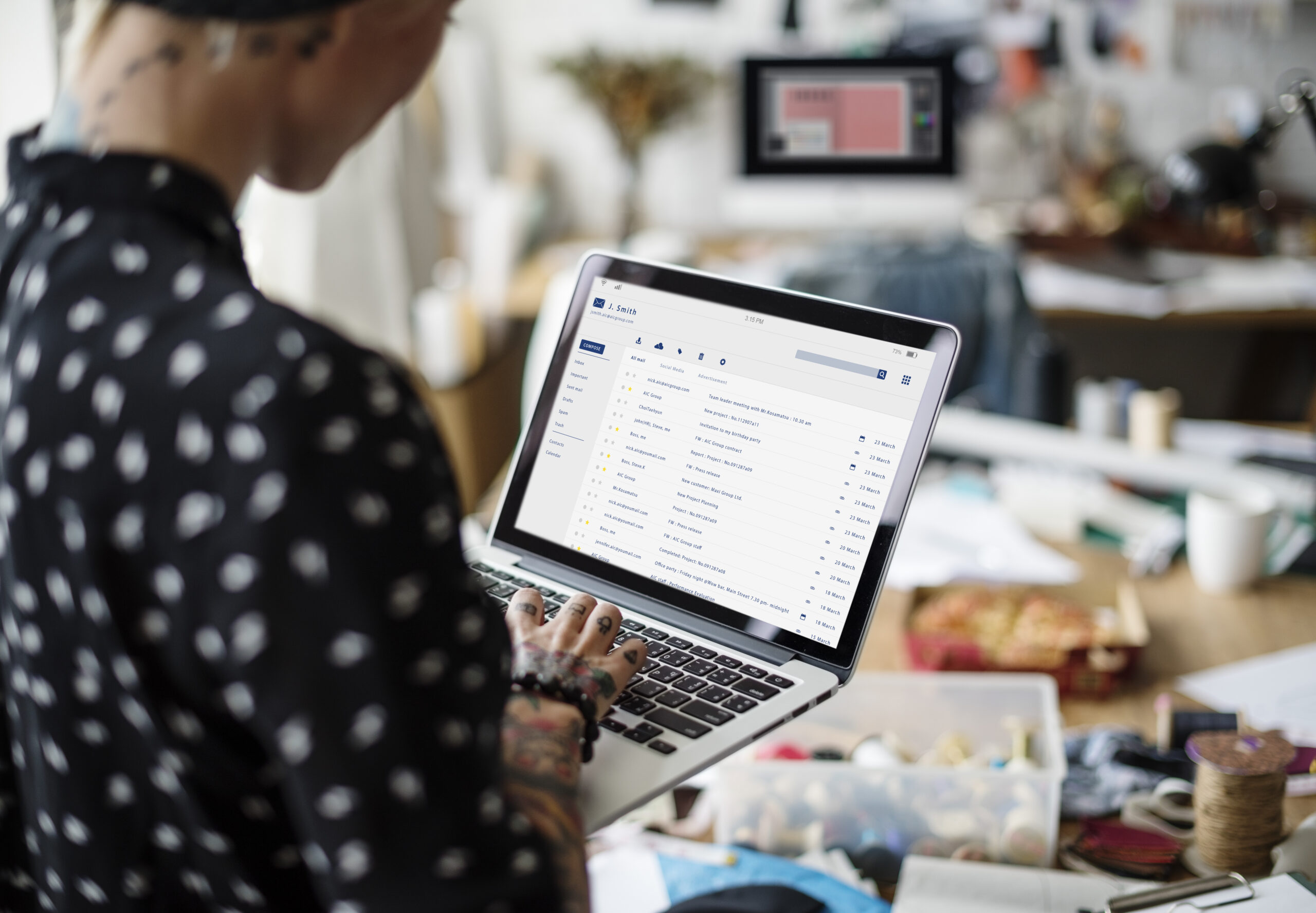
Common Ways School Emails Get Hacked
Understanding how a school email hacked situation happens is essential to preventing it. Here are some common ways hackers gain access to school email accounts:
-
Phishing: Hackers send emails pretending to be from trusted sources like the school’s IT team. These emails often ask you to click on a link or enter login details on fake websites. Falling for this can lead to your email being hacked.
-
Weak Passwords: Using simple or repeated passwords across accounts makes it easier for hackers to guess or obtain your login details, increasing the risk of a school email hacked incident.
-
Malware: Malicious software can be downloaded accidentally through infected attachments or unsafe sites. Once inside your device, malware can steal your email credentials or control your account.
-
Unsecured Wi-Fi: Logging into school emails on public or unsecured Wi-Fi networks exposes your data to hackers who can intercept your login details.
-
No Two-Factor Authentication: Without extra security layers like 2FA, your email account is more vulnerable. Hackers can break in easily if they get your password.
-
Outdated Software: Not updating your device’s software or antivirus leaves holes in your security that hackers can exploit to hack your school email.
-
Insider Threats: Sometimes, people inside the school community may unintentionally or deliberately share your login information, putting your email at risk.
Being aware of these common methods can help you protect yourself from a school email hacked event. Always be cautious with suspicious emails, use strong passwords, enable two-factor authentication, and avoid unsecured networks when accessing your email.
What To Do Immediately If Your School Email Is Hacked
If you discover that your school email is hacked, acting quickly is essential to protect your data and prevent further damage. Here’s what you should do right away:
-
Change Your Password: The first step is to change your email password immediately. Choose a strong, unique password that you do not use on other accounts. This helps lock the hacker out and prevents further access.
-
Enable Two-Factor Authentication: If your school email supports it, turn on two-factor authentication (2FA). This extra step means that even if someone has your password, they will need a second code sent to your phone or another device to access your account.
-
Alert Your School IT Department: Notify your school’s IT support team about the breach as soon as possible. They can take steps to secure the network, monitor unusual activity, and assist with recovering your account.
-
Check Account Settings: Look through your email settings for any changes you didn’t make. Hackers sometimes add forwarding rules or change recovery options to maintain access. Remove any suspicious settings immediately.
-
Inform Contacts: Let your contacts know your email was hacked so they can be cautious about any strange messages that might come from your account. This helps prevent the spread of phishing attacks or malware.
-
Scan Your Devices: Run a full antivirus and malware scan on all devices you use to access your school email. Hackers may have installed malicious software to steal information or monitor your activity.
-
Review Other Accounts: If you used the same password elsewhere, change those passwords as well. A school email hacked can lead to breaches of other online accounts, especially if passwords are repeated.
-
Monitor Account Activity: Keep an eye on your email and any linked accounts for unusual activity. Report any suspicious behaviour immediately to your school’s IT team.
By following these steps carefully, you can limit the damage caused by a school email hacked situation and protect your sensitive data from being misused. Quick action is key to regaining control and securing your online presence.

How To Prevent Your School Email From Being Hacked
Protecting your school email from being hacked is essential to keep your personal and academic information safe. Here are practical steps to reduce the risk of your email being compromised:
-
Use Strong, Unique Passwords: Always create passwords that are hard to guess. Combine letters, numbers, and symbols. Avoid using easily guessed information like birthdays or simple words. Make sure your school email password is different from passwords you use for other accounts.
-
Enable Two-Factor Authentication (2FA): Two-factor authentication adds an extra layer of security. Even if someone manages to get your password, they will need a second form of verification to log in. Most email providers offer this feature, so turn it on if it’s available.
-
Avoid Clicking Suspicious Links: Phishing emails often contain links that can install malware or steal your login details. Always double-check the sender’s email address and be cautious before clicking on any links, especially if the message seems unusual or urgent.
-
Keep Your Devices Updated: Ensure your computer, tablet, or phone has the latest software and security updates installed. Updates often fix security weaknesses that hackers exploit.
-
Don’t Share Your Password: Never give your password to friends or classmates. Even if you trust someone, sharing login details increases the risk of your account being accessed by others.
-
Log Out When Finished: Always sign out of your email account when using a public or shared device. Leaving your account logged in can give others access to your email.
-
Use Secure Wi-Fi Networks: Avoid logging into your school email on public or unsecured Wi-Fi networks. If you must, use a trusted VPN service to protect your connection.
-
Regularly Review Account Activity: Most email providers allow you to check recent account activity. Monitor for any unfamiliar logins or changes, and report anything suspicious immediately.
By following these simple but effective steps, you can greatly reduce the chance of your school email being hacked. Taking proactive measures helps safeguard your information and gives you peace of mind.
School Email Hacked? Expert Advice For Securing Your School Email
When your school email is hacked, it is stressful, but knowing what to do next can help you regain control quickly. The key is to act calmly and follow proven steps to protect your data and prevent further issues. Immediately changing your password to a strong, unique one is essential. Enabling two-factor authentication adds an extra layer of security, making it far harder for hackers to regain access even if they have your password.
It’s also important to review your account activity carefully for any signs of suspicious behaviour. If you notice anything unusual, report it to your school’s IT support without delay. Don’t forget to update your security questions, ensuring only you know the answers. Running a thorough malware scan on all your devices can also reveal hidden threats that hackers might have used to access your email.
Informing your contacts about the breach is a responsible step to stop hackers from using your account to trick others. This helps protect your friends and colleagues from falling victim to phishing scams or other attacks originating from your email.
Above all, take this experience as an opportunity to strengthen your online safety habits. Regularly update your software, be cautious with links and attachments, and never share personal details carelessly. Staying informed about the latest security practices is your best defence against cyber threats.
At Little Big Tech, we understand how critical it is to protect your digital life. Our expert advice and reliable support can guide you through securing your accounts and maintaining peace of mind. Don’t wait for trouble—act now to keep your school email and personal information safe.

